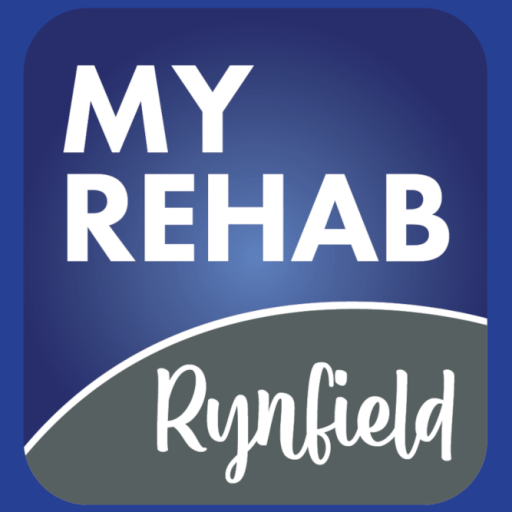In a world quick to label and slow to understand, the journey of addiction recovery often finds itself shrouded in stigma. It’s a winding path marked not just by the challenges of overcoming dependency, but also by the battle against societal misconceptions.
From whispered conversations to cinematic portrayals that seldom capture the complexity of recovery, it’s time we shift narratives – moving from stigma to strength, from misunderstanding to empathy.
Rethinking Addiction: It’s Not a Choice, It’s a Condition At the heart of transforming perceptions is education. Addiction is not a failure of willpower or a lapse in morality. It’s a complex condition that involves interplay between genetic, environmental, and psychological factors. Recognizing addiction as a medical condition is the first step towards empathy – a step that demystifies the journey of addiction recovery.
The Power of Language in Shaping Perception Language molds our reality. The terms we use to discuss addiction recovery carry weight and implications, often unconsciously perpetuating stigma. By shifting our vocabulary from words like “addict” to “person experiencing addiction,” we humanize the condition, focusing on the individual’s humanity rather than their struggle.
Highlighting Stories of Success: The Unsung Heroes of Addiction Recovery Every person who has walked the path of recovery holds a story of resilience. These are narratives of determination, of battles fought in the silence of prejudice, and of victories achieved away from the limelight.
Highlighting these journeys, celebrating these successes, does more than inspire – it redefines the narrative, showcasing addiction recovery as a testament to human strength.
The Role of Media: From Sensationalism to Sensitivity Media has the power to influence societal perceptions, for better or worse. Instead of perpetuating stereotypes through sensationalism, there’s a pressing need for media outlets to adopt a more sensitive, informed approach to portraying addiction recovery.
Through documentaries, articles, and news pieces that focus on the realities of recovery, media can play an instrumental role in dismantling stigma.
Encouraging Empathy: A Collective Responsibility The transformation from stigma to strength is not the responsibility of individuals in recovery alone; it’s a collective endeavor. It calls for compassion, understanding, and an open dialogue that acknowledges addiction as a part of the human experience.
By fostering a community that supports rather than shuns, we pave the way for a society where addiction recovery is seen through a lens of empathy and support.
Conclusion: A Path to New Beginnings The journey from stigma to strength in the realm of addiction recovery is fraught with challenges, but it’s a path worth traversing.
As we shift perceptions, embracing empathy and understanding, we not only support those in recovery but also build a foundation for a more compassionate society. On this journey, every step taken away from prejudice is a step closer to healing, both for individuals and for society at large. In transforming our perceptions, we do more than change the narrative of addiction recovery; we change lives.
Let’s continue this vital conversation, spreading awareness, and fostering an environment where recovery is met with open arms and open hearts.
Discover renewed clarity and embark on the path to recovery at our premier Benoni rehab center—a peaceful refuge amidst the dynamic regions of Boksburg, Kempton Park, and Edenvale. Offering a supportive haven for those struggling with the weights of addiction, our East Rand sanctuary provides the foundation for wellness with comprehensive therapies and a nurturing environment shaped for healing. Embrace forgiveness, acceptance, and growth, resolving to conquer your demons in the serene suburbs of Johannesburg. Begin the sober journey of mindful recovery. Connect with us for hope and help at admissions@myrehab.co.za or call +27 72 794 5238 or +27828863996, and find support through our WhatsApp link.

